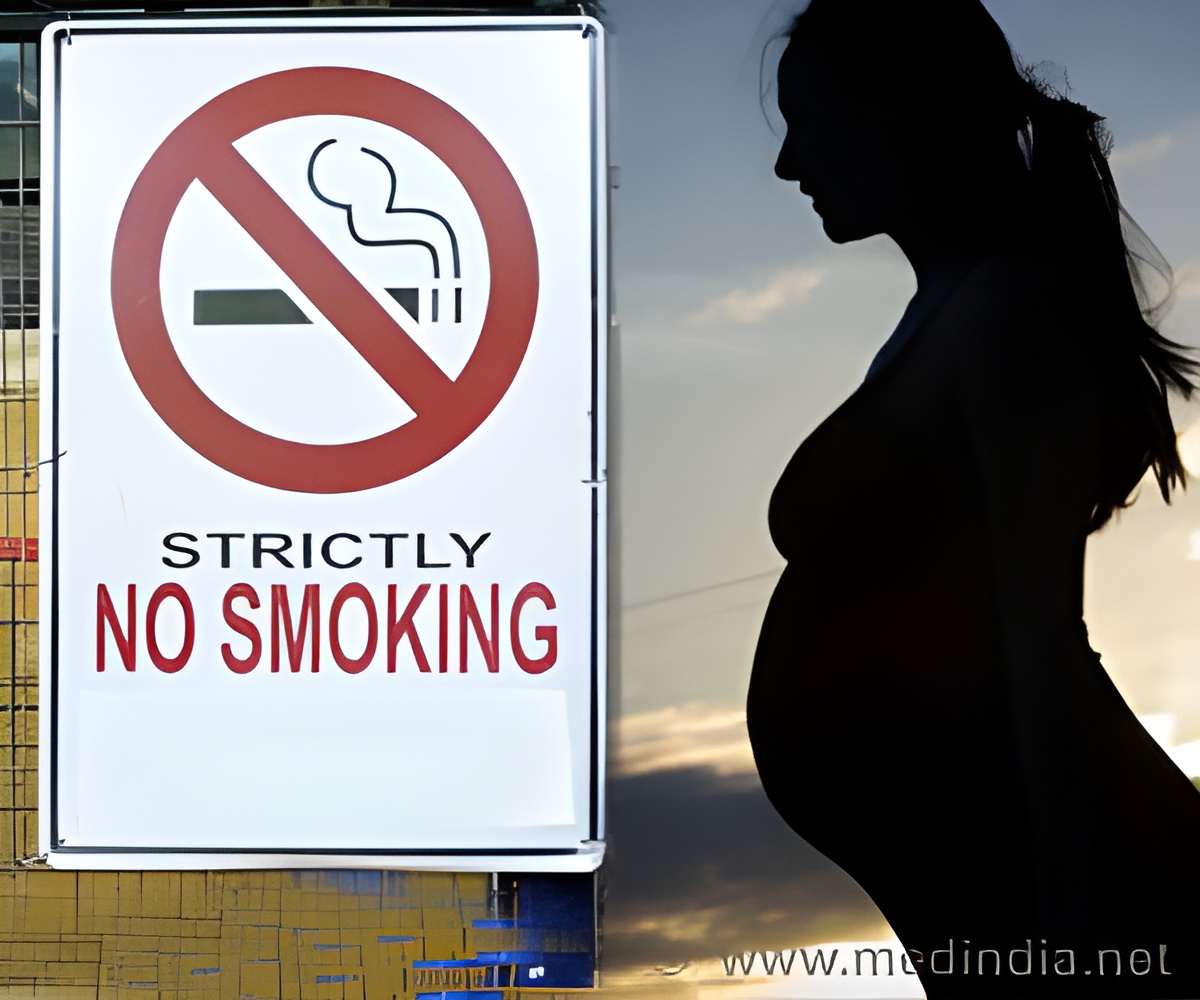Smoking during pregnancy causes premature births. A new research has shown significant drop in preterm births with public smoking bans.

The study highlighted that smoking bans have positive impact in promoting health benefits from very early life.
It is a well-known fact that smoking during pregnancy hampers and retards the growth of the developing baby in mother’s womb and lessens the period of gestation.
Exposure of pregnant mothers to second-hand smoke is also known to affect preterm births.
Dr. Tim Nawrot and colleagues from Hasselt University, Belgium, studied the effect of smoking bans and preterm births in Belgium.
‘In Belgium, smoke-free legislation was implemented in three phases (in public places and most workplaces in January 2006, in restaurants in January 2007, and in bars serving food in January 2010).’
The scientists examined ‘606,877 live, single-born babies delivered at 24-44 weeks of gestation in Flanders from 2002 to 2011.’
The study revealed a decline in the risk of preterm births of 3.13 percent on 1 January 2007when smoking ban was enforced in restaurants.
This reduction increased to 2.65 percent after 1 January 2010 after smoking was banned in bars. Other factors such as maternal age, socioeconomic status and environmental factors (influenza epidemic, air pollution, etc.) did not explained these changes in preterm births.
The researchers said that the study was quite important due to the health aftermaths of smoking during pregnancy.
Dr. Tim Nawrot pointed out, "Our study shows a consistent pattern of reduction in the risk of preterm delivery with successive population interventions to restrict smoking. It supports the notion that smoking bans have public health benefits even from early life. More and more countries in Europe are adopting stricter legislation on smoking in public places. These results underscore the public health benefit of smoking ban policies."
Source-Medindia















